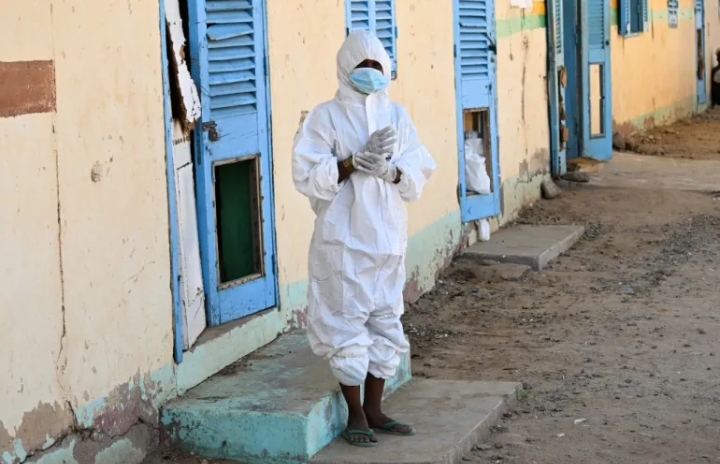A rapidly spreading cholera outbreak in war-torn Sudan is fueled by collapsing water and sanitation systems, widespread displacement, and overwhelmed healthcare services, with over 1,000 daily cases reported in the capital Khartoum.
Sudan Faces Rapid Cholera Outbreak Amid War and Collapsing Infrastructure


A rapidly spreading cholera outbreak has struck Sudan, with officials reporting more than 1,000 new cases daily in the capital of this war-torn country. The outbreak is primarily concentrated around Khartoum, the nation’s capital, and has intensified as many Sudanese who had fled the ongoing conflict have now returned home. Due to the collapse of much of the sanitation infrastructure amid the civil war, residents are often left with access only to unsafe, unclean water—a highly dangerous conduit for cholera transmission.
Nicolas Jean, head of the Médecins Sans Frontières (Doctors Without Borders) mission in Sudan, confirmed that Khartoum is now recording over 1,000 cholera cases each day. He attributed this alarming rise to the severe lack of clean water, poor hygiene conditions, and limited access to healthcare services.
While the majority of cases have been reported in Khartoum and its twin city Omdurman, health officials also detected cholera cases in several other provinces, including North Kordofan, Sennar, Gazira, White Nile, and Nile River. Both Khartoum and Omdurman were battlegrounds throughout the civil war, which caused a mass exodus of residents. The capital region was retaken by the military from the paramilitary Rapid Support Forces (RSF) in late March. Since that time, approximately 34,000 people have returned to the city.
However, the urban areas have been left devastated by months of conflict. Many returning residents have found their homes severely damaged. Access to clean water remains scarce, partly due to attacks on power plants that have disrupted electricity supplies and worsened water shortages, UNICEF reported. The sanitation systems, already fragile, have suffered extensive damage as well.
Health workers are deeply concerned that the outbreak could spread rapidly, especially since many displaced people are living crowded together in displacement centers where isolating those infected is extremely difficult.
The country’s health system has largely broken down. More than 80% of hospitals are currently out of service, and those still operating face critical shortages of water, electricity, and medications, according to Dr. Sayed Mohamed Abdullah of Sudan’s Doctors Union.
The World Health Organization describes cholera as a “disease of poverty” because it flourishes where sanitation is poor and clean water is scarce. Cholera is a diarrheal illness caused by ingesting food or water contaminated with the bacterium Vibrio cholerae. While most infected individuals experience only mild symptoms, the disease can be fatal within hours in severe cases if untreated. Treatment typically involves rehydration solutions and antibiotics.
Complicating efforts to contain outbreaks, the WHO’s global stockpile of oral cholera vaccines has fallen below its minimum threshold of five million doses, limiting the capacity to respond quickly and effectively.
At the same time, the United Nations reports that cholera epidemics have been increasing worldwide since 2021, driven by factors such as poverty, ongoing conflicts, and extreme climate events like floods and cyclones.
The civil war that erupted in Sudan in April 2023 has devastated the country. What began as escalating tensions between the military and the Rapid Support Forces exploded into full-scale warfare nationwide. Official reports cite at least 24,000 deaths, though the actual number is likely much higher. More than 14 million people have been displaced—forced from their homes—with over 4 million seeking refuge in neighboring countries. Meanwhile, famine has been declared in at least five locations, with the worst conditions centered in the war-ravaged Darfur region.

 বাংলা
বাংলা  Spanish
Spanish  Arabic
Arabic  French
French  Chinese
Chinese 
